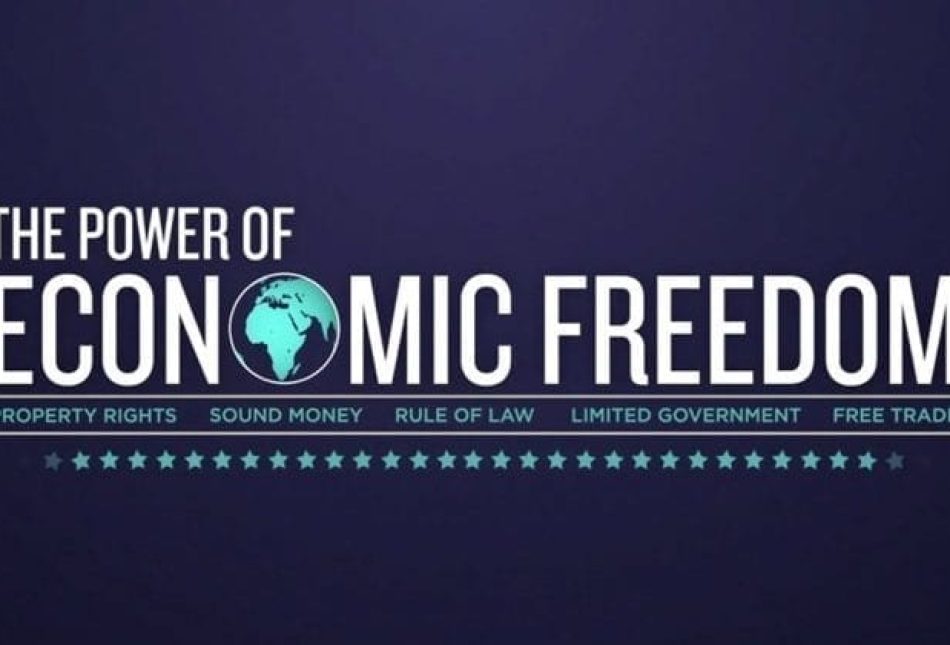Local Government
post
Cable and Internet Costs Would Come Down If We’d Just Get Modern and Institute a Competitive System

It is a widely known economic fact that in the absence of competition, consumers are stuck paying too much for too little in the way of goods and services. Nowhere is that truer than it is in the cable TV market.
New Mexico consumers are stuck with overpriced, inferior-quality video services, because federal and state regulations have failed to keep up with fast-changing technologies.
Unfortunately, New Mexico is not alone – almost every state in the Union regulates cable providers under outdated statutes written when the industry was in its infancy, before the word “Internet” even existed. In those days, there were only three TV networks, and no one had conceived of new, modern interactive video technologies that combine entertainment and advanced communications capabilities.
But we live in a much different world today. High-speed broadband service can give consumers access to video, voice and data communications, all wrapped in one package. New technologies promise to completely revolutionize home entertainment, education, business and health care in ways that we can only imagine.
But if regulations are left unchanged, it will be years before these technological benefits are available to consumers and states and nations that fail to update their laws will be left behind.
The fact is that while the United States and most states plod along on the regulatory equivalent of dial-up, other countries are enthusiastically adopting these modern communication technologies and seizing upon their benefits.
China is aggressively moving forward to provide these next-generation technologies to their citizens and workers. With an annual growth rate of 90 percent in broadband subscribers, China will surpass the United States in total subscribers sometime later this year. The United States also is losing ground in the percentage of households with broadband service as we sit at a lowly 19th in the world. Slovenia is expected to surpass the United States in broadband penetration by 2007.
The problem is simple: Our outdated laws make it almost impossible for new companies to enter the market.
Companies could offer high-tech Internet, TV, phone and more video services over new cables, but they must wade through quite a process to obtain a franchise for video service – though cable companies can sell anything they want with just one franchise. They are required to negotiate individual contracts with every city government in each service area. It is estimated that this cumbersome process will slow the deployment of broadband services in the United States by as much as 15 years.
In the meantime, our overly restrictive franchise system is making consumers pay through the nose for plain old cable TV.
In Albuquerque, Comcast increased its most popular package by $3 in August, raising the total price including tax to more than $50. This increase took place a mere 11 months after the last increase, a jump of $3.05 the previous September. Over the past six years, Comcast’s rates have shot up 60 percent. If there is any consolation, it can only be that we are not alone. Nationally, prices have increased upwards of 45 percent.
Unfortunately, we shouldn’t expect any real relief from rapidly rising cable bills until regulations are rewritten to allow for a competitive market.
Not only would prices come down – Texas has seen an average 25 percent decline in cable rates since it adopted needed reforms, including adoption of a statewide franchising system – but the benefits of greater competition would soon be felt.
The Standard Bureau of Economic Analysis estimates that each $1 of capital spending generates $2.86 of output in the telecom sector. Additionally, 18.2 jobs will be created by each $1 million telecom investment.
Many companies are ready to enter the market. They are prepared to invest billions of dollars in high-tech communications infrastructure. All that is stopping them is our counterintuitive franchise system.
Several states are attempting to modernize their laws, and some members of Congress are talking about changes at the national level, but these needed reforms can’t happen fast enough. We need New Mexico’s elected officials to push forward with franchise reform as well.
Our monopolistic system has run its course. Let’s try a competitive market, for a change.
Today’s Byline
Gessing is president of New Mexico’s Rio Grande Foundation, which describes itself as an “independent, nonpartisan, tax-exempt research and educational organization dedicated to promoting prosperity for New Mexico based on principles of limited government, economic freedom and individual responsibility.”
